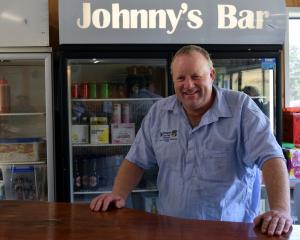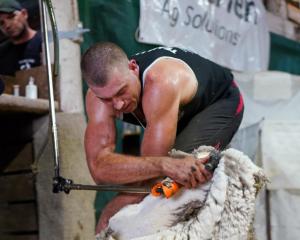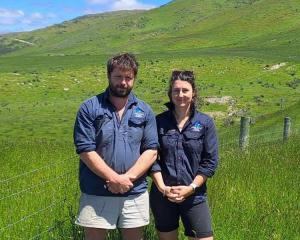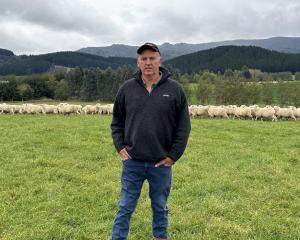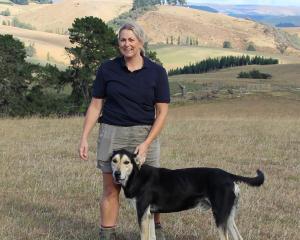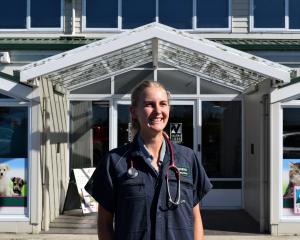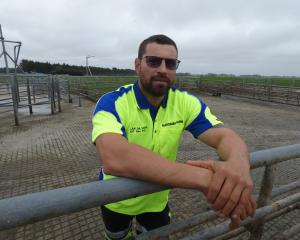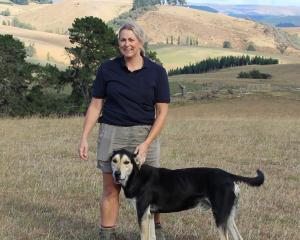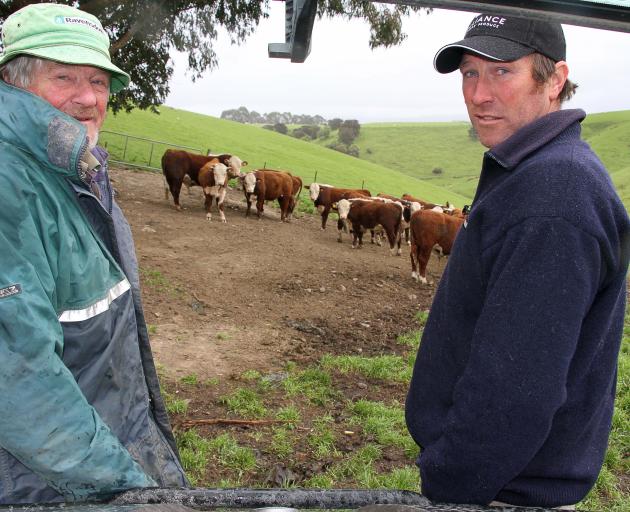
Inter-generational farming is all about building relationships. While some assume the family farm will always be there, Tuapeka West farmer Bryce Rishworth considers relationship building essential for the continued success of the family business.
‘‘Different age groups have different ways of doing things. My father and uncle were farming here when it was very hard financially in the 1980’s and their views are quite different from mine today, but I still listen to their advice as it has the value of experience in it,’’ he said.
‘‘Families are a balancing act — you must build relationships with your relations and siblings, especially when farming is concerned. It’s no different than working with contractors, farm consultants, seed or stock merchants.
‘‘It’s the basic building block of a successful business,’’ he said.
The Rishworth family are now in their third generation of leadership on the family farm, and looking ahead to the fourth in the future.
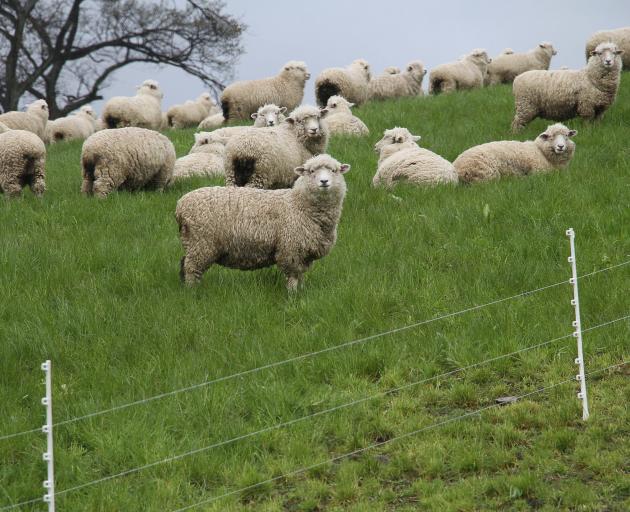
It started with Bryce’s grandfather, Harold, 72 years ago. Following his incarceration as a prisoner of war during World War 2 , Harold Rishworth returned home and married his pre-war fiance, Joyce Stewart, and applied for a rehabilitation farm in the Lawrence area.
The couple were balloted 320ha of land on the manuka and gorse-covered slopes of the hills behind the Tuapeka township, rising from the banks of the Clutha River to the hilltops near West Tuapeka.
The couple worked hard to establish a sheep and beef operation there, hand-cutting the 3m-high manuka and scrub over many years to clear the land and create paddocks to run their stock on as they raised their expanding family.
A plague of rabbits offered them some revenue via the skinning and selling of rabbit carcasses.
Despite having no telephone or electricity until the 1950s, initially no water, cooking on a wood stove and getting their mail once every three days — plus forced isolation caused by regular snowfalls and Clutha River floods — the couple increased the size of their farm.
The farm kept improving over the years and when their father died suddenly aged 62, eldest sons Alan and Ken bought out their mother and took over the farm.
They bought the farm next door in the 1980s to expand their farm to 475ha.
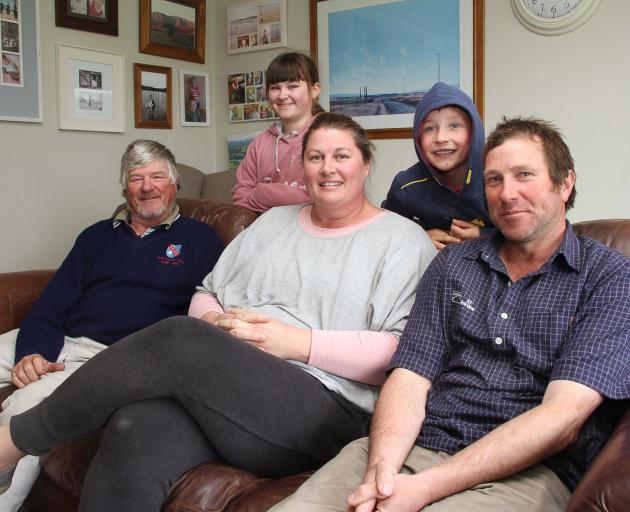
Ken said he started when he was just 16, and the biggest change he has noticed in the past 50 years had been the ability of farmers to keep thousands of sheep in line with only three thin strands of electric fence.
‘‘In the early days we had no motorbikes, quads or side-bysides — we had to walk everywhere and it was hard work rounding up mobs to move them,’’ he said.
The two brothers still own the property in partnership and Ken’s son Bryce leases it off them through the Rishworth Farms Ltd company, with the long term goal of Bryce owning the property outright in a few years.
Today they run 3000 Romney ewes and 80 Hereford cattle.
‘‘We are traditionalists I guess, staying with the Romney and Herefords, but I am starting to introduce better genetics to preserve the breeds,’’ Bryce said.
He Bryce now manages the operation in partnership with his father Ken, and said that without the existence of the family farm he would never be able to buy a farm.
‘‘Family farms give you time — time to build up equity as you work towards eventually owning it outright,’’ he said.
He said it would be so hard today for a young farmer to try to buy his way into a farm — the debt loading would be too great even if the banks agreed to fund a purchase.
‘‘Having the support of the family and the farm really helped me achieve what I am doing today.
‘‘I have started halfway up the ladder with the farm in very good health, and I aim to build on that so when, if my son or daughter want to take it on, they will have an even better farming operation to start with.
‘‘But at the end of the day it is a business — you have to learn to work with your family to make it all work.
‘‘Dad [Ken] still works on the farm every day despite the fact he has retired to Lawrence with mum [Avis], and uncle Alan still drives his D2 Cat up and down the hills helping out whenever he can and does a lot of my tractor work,’’ he said.


